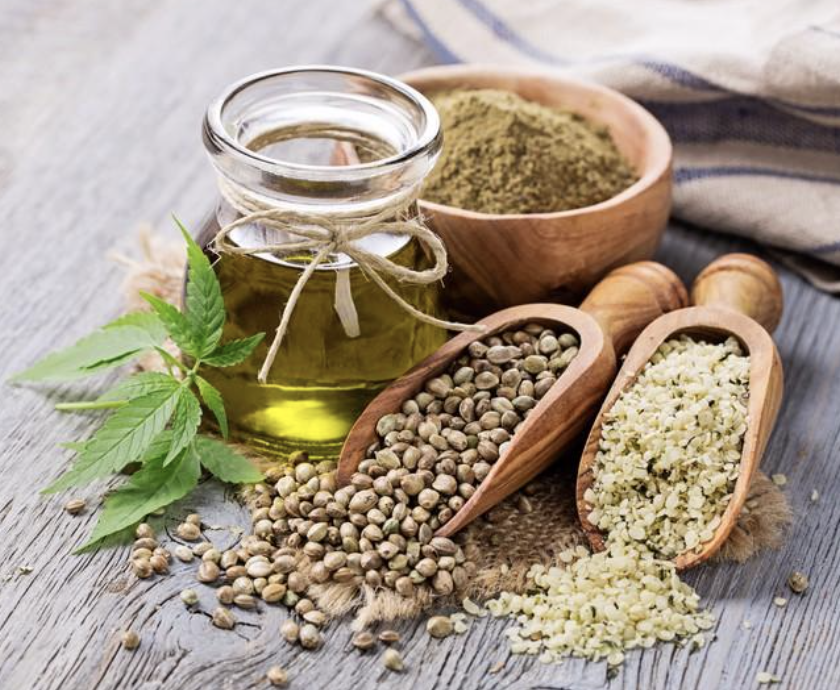
If you attended the National Restaurant Association Show back in May (2019), you can attest that CBD has started to take over the food supply. Booth after booth promoted products that were infused with CBD or drops and oils that could be added to a restaurant’s existing dishes. Cannabidiol (CBD) is one of several cannabinoids found in the hemp and marijuana varieties of the Cannabis sativa L. plant. Its recent surge in popularity can be attributed to its potential health benefits and low levels of THC, compound that causes the psychoactive effects of marijuana. Everything from CBD-infused flavored water to CBD-infused honey has rushed the market, leaving the foodservice industry scrambling to figure out how they can take advantage of changing consumer tastes. Still, it’s important to tread lightly as the FDA is making sure the market doesn’t go unregulated.
It’s hard to put your finger on just one moment that catapulted CBD from a relatively unknown chemical to the hottest food trend in the country. However, its popularity does go hand-in-hand with the public’s changing opinion towards marijuana as a whole. Surveys from Gallup show that support for the legalization of marijuana have risen from 12 percent in 1969, to 31 percent in 2000, and 64 percent in 2017. It is now legal in 33 states, 10 of those being for recreational use and the rest for medicinal purposes. The legalization of marijuana opened more doors for researchers to explore potential medical uses, along with risks and overall impact on health. Now, backed with more preliminary research, companies have started promoting CBD’s alleged health benefits. Claims range from helping with anxiety, to curing cancer. However, almost all these claims lack strong scientific proof, which raises concerns about potentially misleading marketing tactics.
With the burst in sales for products infused with CBD, you would think that it’s a highly regulated market, but the FDA has not yet permitted the use of CBD in food, nor has it approved any health claims to be used when marketing CBD. The FDA has only approved one CBD-containing medication, which is used to treat serious forms of epilepsy. Intrastate sales of food containing CBD, along with other CBD supplements, hasn’t been a target of FDA regulatory action so far. However, they are starting to crack down on interstate sales, as well as companies that make unbacked health claims on their products. The FDA’s concern with the compound is that there’s not enough research available to know long-term effects, potential harmful levels, possible interactions with medications, and more. Given the seriousness of allowing any new chemical into the market, it could be years before any laws are drafted, or any final regulatory guidance is released.
The struggle to feed consumers’ demands while not getting slapped with a warning letter from the FDA is a serious concern for food providers around the country. For restaurants wanting to start serving CBD to their guests, it’s important to know that there are potential risks. New York City banned restaurants from serving CBD in February of this year, and several other states followed suit. Some foodservice operators hope that the prevalence of CBD in the food supply puts the pressure on the FDA to at least release some interim guidance while a final rule is being created. In the meantime, always check local regulations to see if any movement has been made on CBD control, and always bring your brand’s legal team into such discussions. The sky may be the limit with where CBD in food might go, but for now the FDA wants to make sure it stays grounded.



